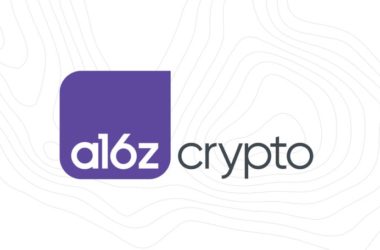Quick Take:
- The Chinese e-commerce platform has become the latest online store to join the collectibles market.
- The platform follows the footsteps of local internet giants Alibaba and Tencent.
- China has scrutinised the NFT marketspace, forcing companies to be extra cautious when joining the industry.
China’s crackdown on internet companies and the subsequent scrutiny of NFTs has not stopped leading online marketplaces from joining the rapidly growing non-fungible token market.
On Monday, online retailer JD.com became the latest Chinese internet giant to launch a marketplace for digital collectibles, after Alibaba and Tencent. The blockchain-based platform will allow the e-commerce company to sell digital items in the form of NFTs, amid the heightened scrutiny from Beijing.
The platform dubbed Lingxi already has five digital assets listed. However, while they resemble NFTs, the company has not named them as such. The company’s “fintech arm JD Technology has issued 2,000 pieces of each of the five listed items, all related to the company mascot JOY Dog and priced at 9.9 yuan (US$1.55) each,” South China Morning Post reported.
The Lingxi, which is embedded into the JD.com app showed that the collectibles had been sold out as of Monday.
This is not the first time JD.com is using blockchain technology. The company has been using decentralized ledger technology since 2017, primarily to improve food supply chain tracking, traceability, and safety.
Last month, JD.com launched its first NFT based on its blockchain ledger and described the offering as “NFTs” in the promotional poster.
China has banned Ether and Bitcoin trading in the country, which makes it difficult for more companies to launch their own collectables since most NFTs are based on the Ethereum blockchain.
Some publications in China have called NFTs a huge bubble that could burst any time, while State media continue to warn people against speculation and scams related to digital tokens.
Even the Chinese central bank recently intervened with an official cautioning against leaving NFTs unregulated due to the risks that they could be used for criminal activities like money laundering and tax evasion.
In complying with Chinese regulations, Alibaba and Tencent have already rebranded their NFTs into digital collectibles, that cannot be resold on their platforms. It is not clear whether JD.com’s digital collectibles were resold on the Lingxi platform.
Although the NFT marketplace is soaring across the rest of the world, it could take a while before it gains traction in the Chinese market, with Beijing remaining resilient in its stand on cryptocurrencies.
Stay up to date:





